AAU has selected five STEM departments at its member universities to host demonstration projects in the evaluation of undergraduate teaching. Participating departments have committed to developing, implementing, and documenting a more effective and holistic teaching evaluation system that focuses on the use of teaching practices proven to maximize student engagement and support student learning in STEM. The goal is for the demonstration projects to serve as models for other departments that could then be adapted more broadly on their own campus, at other AAU institutions, and elsewhere. The demonstration projects are made possible by a gift from the Sarah Gilbert & Carl Wieman Charitable Fund.
AAU STEM Demonstration Projects on Teaching Evaluation
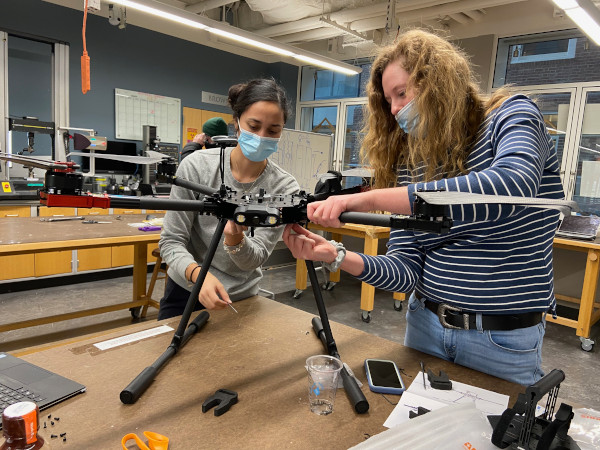
Dartmouth College, Engineering Sciences Department
Dartmouth Engineering is creating a system for teaching evaluation that integrates evidence-based evaluation data from three sources: student course assessments, peer observation, and self-reflection. Existing student course assessments will be modified to focus on observable best practices, rather than students' intuitive impression of the instructor. The student numerical responses to questions about observable best practices will be considered, in aggregate form, during moments of faculty review and promotion. Peer observations will be conducted in accordance with a consistent protocol, which will include guided pre-briefing and debrief sessions between the observer and observee. Self-reflection will be structured to allow for both formative evaluation as well as summative evaluation, allowing each instructor to note and report on their progress toward the implementation of best teaching practices. The system will be piloted and assessed en route to broader implementation.
Read the university's press release
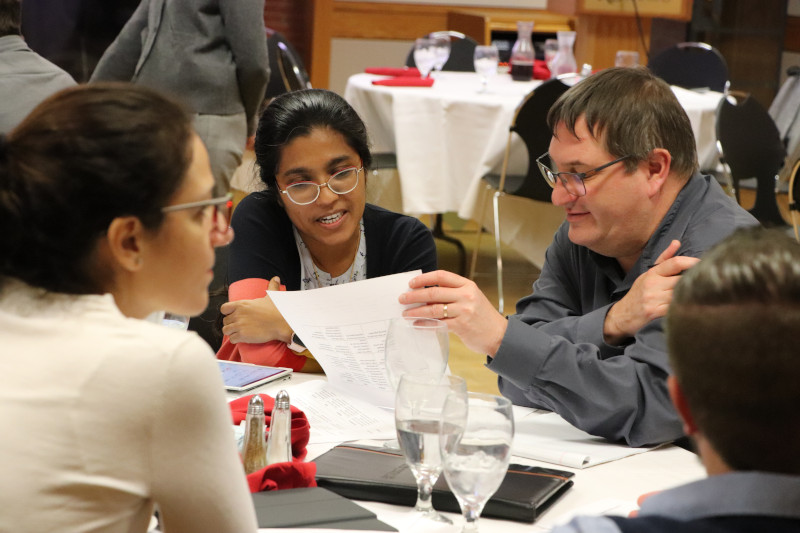
University of Kansas, Chemical and Petroleum Engineering Department
The KU Chemical and Petroleum Engineering department is working to develop and implement a new system to evaluate faculty teaching that relies on multiple sources of evidence and overlaps with other departmental processes and committee structures. The project articulates a common, comprehensive, and transparent set of expectations for faculty teaching, drawing on the Benchmarks for Teaching Effectiveness rubric, and uses evidence from peers, instructors, and students to capture diverse teaching contributions and diminish bias. A unique aspect of the project is the establishment of "peer triads" that will engage in peer review and dialogue about teaching, student learning and feedback. A newly-established Teaching Evaluation Committee will use three sources of evidence (peer triad reports, student survey reports, and faculty reflections/materials) to recommend ratings on the rubric dimensions that will be used in summative teaching evaluations.
Read the university's press release
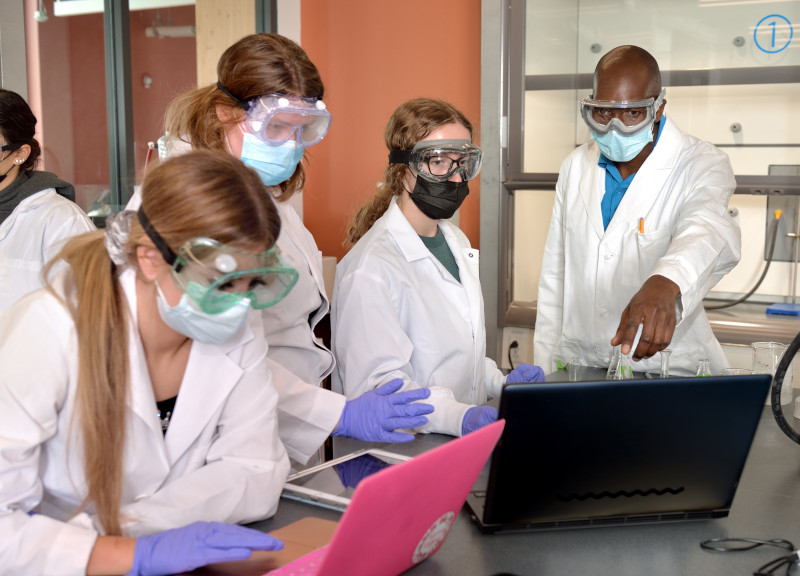
Michigan State University, Chemistry Department
The MSU Chemistry department is developing a new mechanism by which teaching and learning may be improved through faculty reflection. This approach will generate evidence of faculty engagement with teaching for both formative and summative purposes. The new approach asks faculty to: (1) identify one learning objective each year; (2) show how it aligns with course goals; (3) provide instructional materials that target the learning objective; (4) design an assessment to elicit evidence on student understanding of the learning objective; (5) collect and analyze student data for the assessment; (6) write a reflection on student performance that considers changes to improve outcomes; and (7) repeat the cycle with revised instructional materials and assessments. In addition, a support system will be created that includes a faculty retreat and teaching/reflection circles.
Read the university's press release
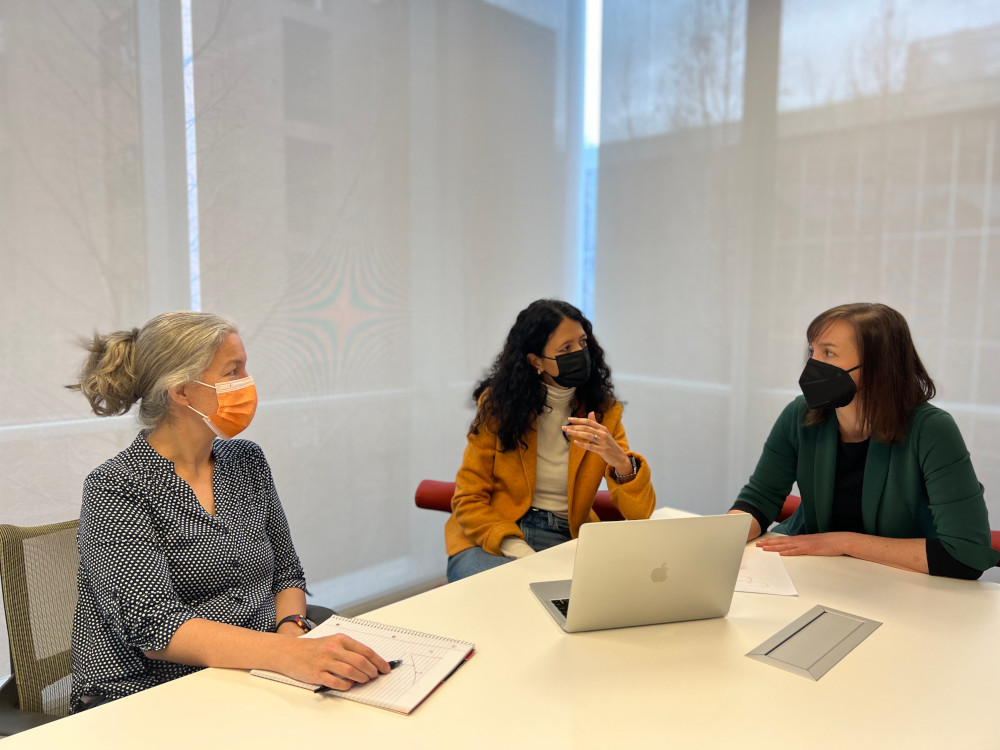
University of North Carolina at Chapel Hill, Biology Department
UNC Chapel Hill's Biology department uses a summative review process of teaching based on a departmental rubric that incorporates three voices (students, peers, and instructor reflection). The department is working to bring multiple measures to each of these voices, and bolster the instructor reflection voice. By strengthening the instructor reflection in the summative process, the project will simultaneously develop a yearly formative process. Annually, faculty will be required to try different tools, write a reflection for their future dossier, and share what they have learned with their mentoring committees or with a yearly chair meeting. The goal of the project is to collectively learn about and analyze new metrics, gather buy-in, and then redesign the rubric. The revised rubric will reflect a shared approach to teaching effectiveness, reduce bias through its use of multiple metrics, and affect reappointment, promotion, tenure, and post-tenure review.
Read the university's press release
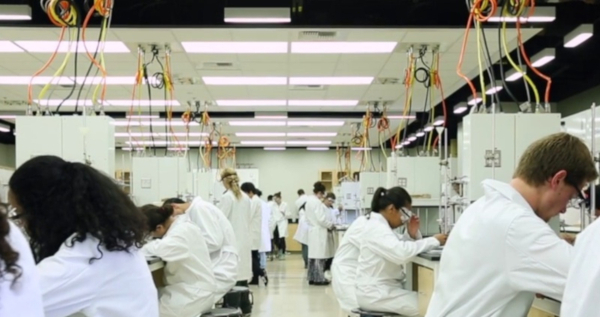
University of Southern California, Chemistry Department
USC Chemistry recognizes that faculty effort and accomplishment in teaching is not measured in current performance review, largely because faculty have low confidence in summative student surveys. The department will use the demonstration project period to design, test, and build confidence in instructor-selected measures for their individual undergraduate class and toward tailored educational objectives. Mindful of faculty time, these will include analytics and other formative classroom measures that once developed will not have significant time-overhead to deploy. The project will endeavor to connect effort, evidence, and genuine self-reflection as summative criteria into the incentive structure finally crossing the difficult divide into merit/salary review and presentation in promotion dossiers. Support structures, case studies, an external speaker series, and mini-grant incentives will form important core resources to maximize project success.